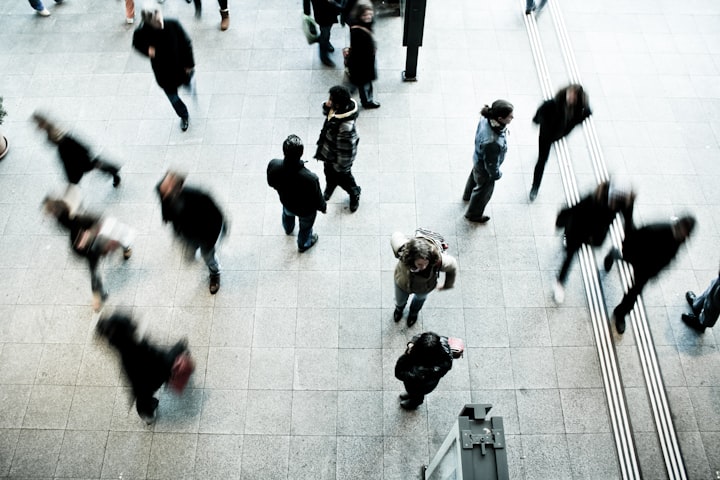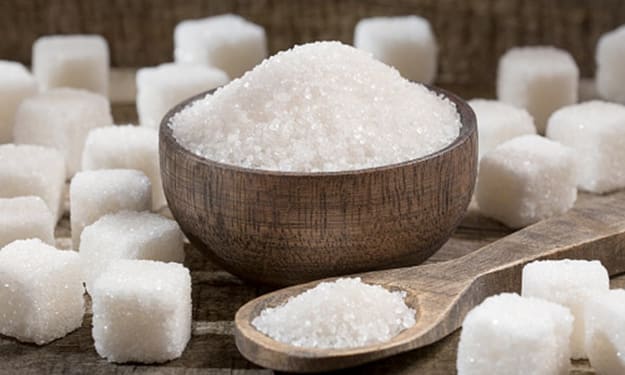How does alcohol causes blackouts
Blackout

Alcohol is one of the most pleasurable drink that we take on different occasions ,with intention such as enjoying the moment ,when we are sad ,lonely , trying to forget a the pain of grieving .During this time of consumption there are very many mechanism that goes on in our body which affects the nervous system which in turn causes blackout .This article will describe to you the mechanism of how alcohol causes blackouts
A blackout is a temporary condition that affects your memory. It’s characterized by a sense of lost time.
Blackouts occur when your body’s alcohol levels are high. Alcohol impairs your ability to form new memories while intoxicated. It doesn’t erase memories formed before intoxication.
As you drink more alcohol and your blood alcohol level rises, the rate and length of memory loss will increase. The amount of memory loss varies from person to person
In 1969, Dr. Donald Goodwin conducted a unique study involving participants who were heavily intoxicated. He asked each participant to recall an object that he had shown them just two minutes prior. Surprisingly, most of the participants were able to pay attention to the task and accurately identify the toy they had seen. However, when asked to recall the object after a mere 30 minutes, half of the participants had no recollection of the earlier moment, experiencing what is commonly known as a blackout.
This study sheds light on the peculiar and selective impact that alcohol has on the brain, where complex tasks can be performed while intoxicated, but the memory of these events can be quickly forgotten. To understand how alcohol causes these memory lapses, it is important to identify the main culprit: ethanol. Although a single drink contains numerous chemical compounds, ethanol is primarily responsible for the effects of alcohol on the brain.
Ethanol has a lightweight and lipophilic structure, allowing it to easily dissolve into fats, such as those found in the membranes of the outer blood-brain barrier. Once inside the brain, ethanol's unique structure enables it to bind to and interact with various neuronal receptors, impairing the pathways responsible for careful decision-making, impulse control, and motor skills.
Interestingly, the networks that control memory appear to be particularly sensitive to the effects of alcohol. Typically, information about our surroundings is received by our sensory organs and transmitted to the brain. Neurons facilitate this process by using neurotransmitters, which are chemical messengers released by one neuron and received by receptors on another.
When a neurotransmitter binds to a receptor, it opens an internal channel, allowing small ions to enter the cell. If enough ions enter, the neuron fires and sends the signal forward. This intricate communication system allows different regions of the brain to interact with each other. However, alcohol disrupts this process by affecting the neurotransmitter-receptor interaction, ultimately interfering with the transfer of information and leading to memory impairment
There are two distinct categories of blackouts: partial and complete.
In the case of a partial blackout, utilizing visual or verbal cues may aid in recollecting forgotten events.
However, if you experience a complete blackout, the loss of memory is permanent. Even with the assistance of cues, it is highly unlikely that you will be able to recall what transpired during this period.
The elusive nature of blackouts poses challenges for researchers attempting to investigate the relationship between memory retrieval and the type of blackout.
Blackouts are frequently associated with the consumption of alcohol. For many individuals, consuming excessive amounts of alcohol rapidly or on an empty stomach can induce a blackout.
Dear readers I hope you enjoyed reading this article, don’t forget to like♥️ and leave a tip on it ,thank you.





Comments
There are no comments for this story
Be the first to respond and start the conversation.